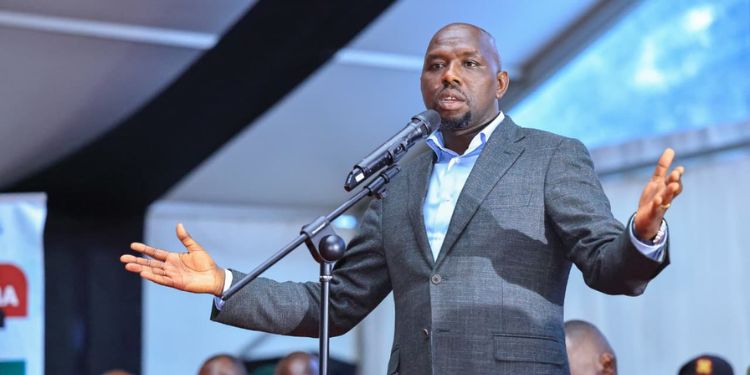Interior Cabinet Secretary (CS) Kipchumba Murkomen has dismissed a recent BBC documentary exposing sexual exploitation of underage girls in Kenya.
Speaking before the National Assembly on Wednesday, August 13, the CS called the documentary a planned hoax aimed at misleading the public.
Further, Murkomen claimed he had personally reviewed the names, pseudonyms, and backgrounds of the individuals featured in the exposé and found that none were minors.
That report was fake because the people who were interviewed were not underage. I went the whole length to read their names, pseudo names and who they are and what they do. I also looked at the motivating factor for why they were posing as children.
That is not to say that there may be no cases of sexual exploitation of children in the country.
Also Read: Kenyan Police Break Silence on BBC Exposé
Murkomen Explains why the BBC Documentary Was Fake
The BBC production aired as part of its investigative journalism series, painting a disturbing picture of girls allegedly below the age of 18 being sexually exploited.
Consequently, the claims triggered public outrage and calls for government action.
However, Murkomen has insisted that the individuals featured in the program were adults who knowingly posed as minors.
The CS alleged that those featured were motivated to pose as minors, adding that there was a deliberate effort to stage the story.
While acknowledging that cases of child sexual exploitation may exist in the country, the CS insisted the BBC production failed the test of journalistic integrity.
“As far as the BBC documentary is concerned, it was a hoax. It was planned and executed to portray that they were underage girls going through sexual exploitation, while in reality, the people playing the game knew they were not,” he said.
Also Read: Murkomen and Duale’s Ministries Ranked Most Corrupt in Kenya
The CS Goes After the Journalists
Murkomen also questioned the ethics of offering payment to interviewees in exchange for sensitive information.
“On the part of BBC, as far as media ethics is concerned, the first question is, why would anyone promise financial reward in case information is going to be shared?” he asked.
According to him, the journalists either paid just to get a good story and benefit from the reward of the documentary, or used money as an incentive to attract children going through the same horrors.
Was the incentive reward intended to get a good story that can be aired by the BBC and therefore improve the well-being of the reporter, or was it part of the tricks that were being used by BBC to see if they can find actual young children.
The conclusions that were made brings to question an international media house like BBC, on how they verify their sources.
At the same time, Speaker Moses Wetangula added that the exposé was only intended to ruin the diplomatic image of the country.
“If you listen closely to the so-called BBC exposé, you’ll realize it was intended to tarnish the country’s image,” he said.
Follow our WhatsApp Channel and X Account for real-time news updates.
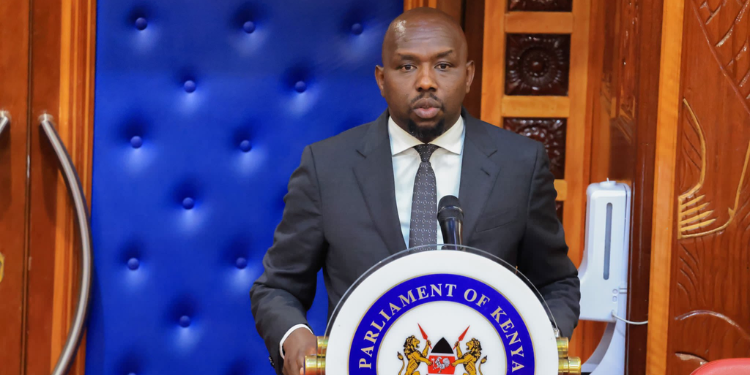

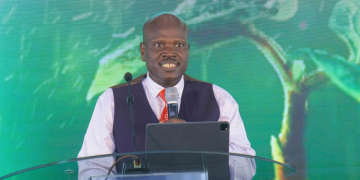

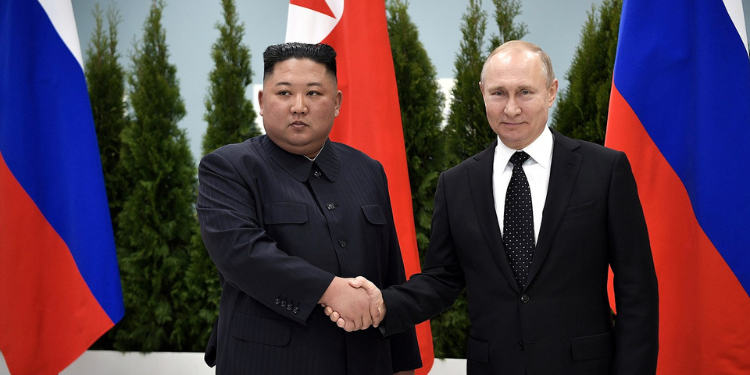
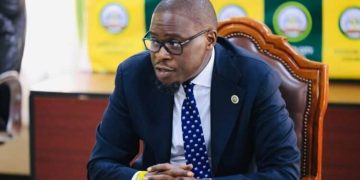

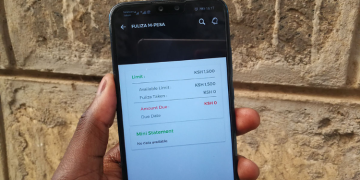

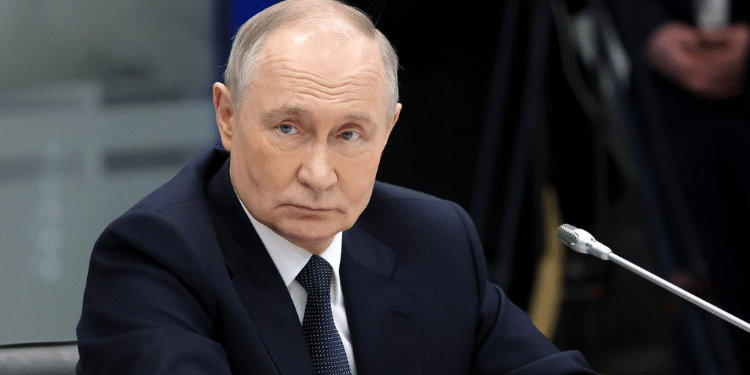
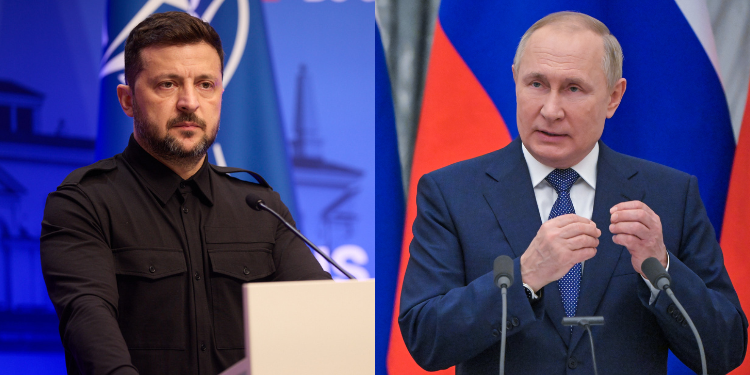










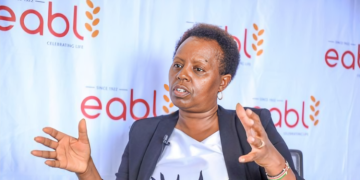
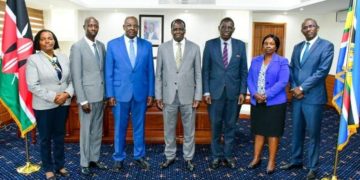
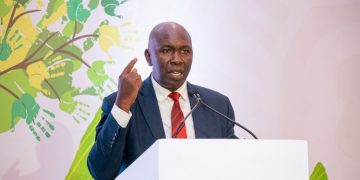































![Senator Allan Chesang And Chanelle Kittony Wed In A Colourful Ceremony [Photos] Trans Nzoia Senator Allan Chesang With Channelle Kittony/Oscar Sudi]( https://thekenyatimescdn-ese7d3e7ghdnbfa9.z01.azurefd.net/prodimages/uploads/2025/11/Trans-Nzoia-Senator-Allan-Chesang-with-Channelle-KittonyOscar-Sudi-360x180.png)
















